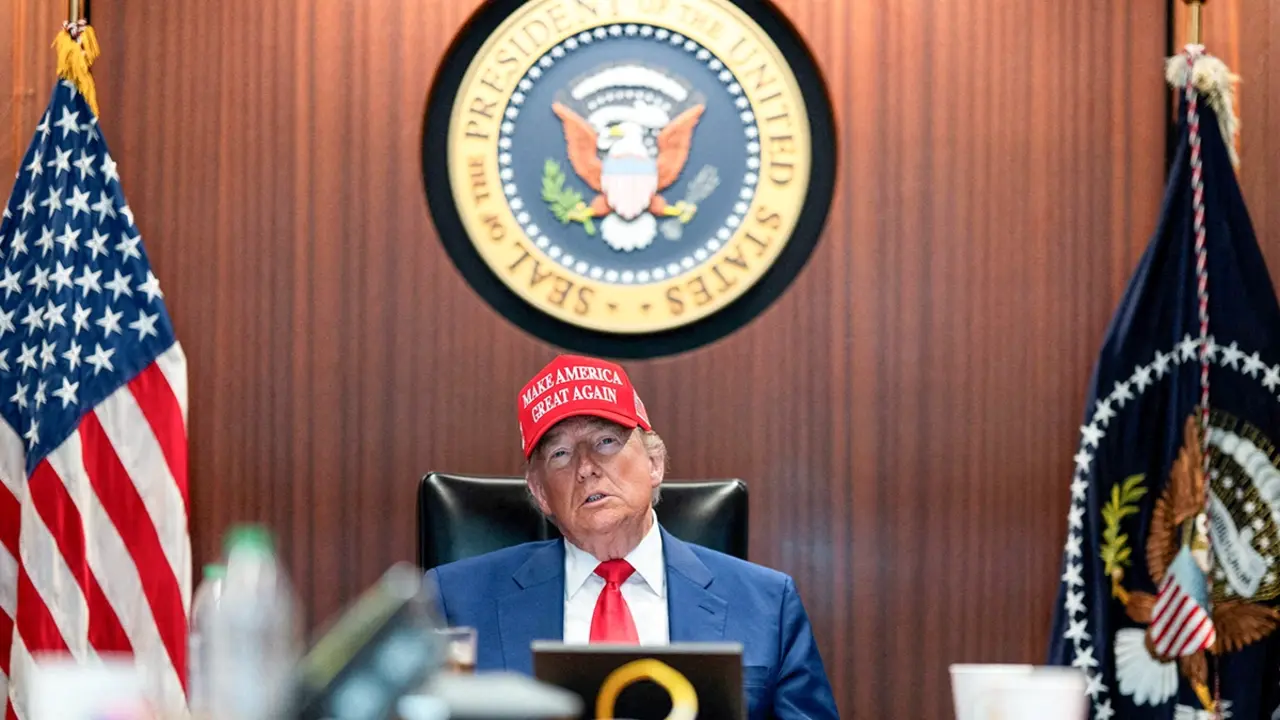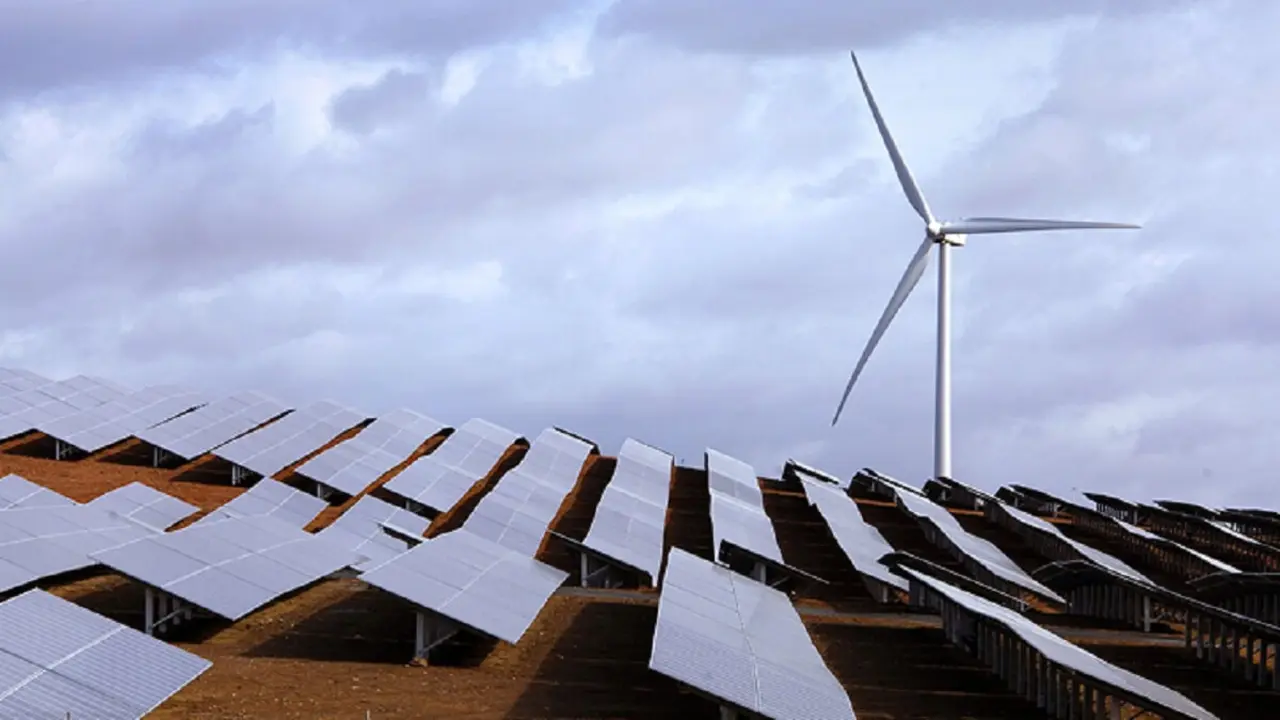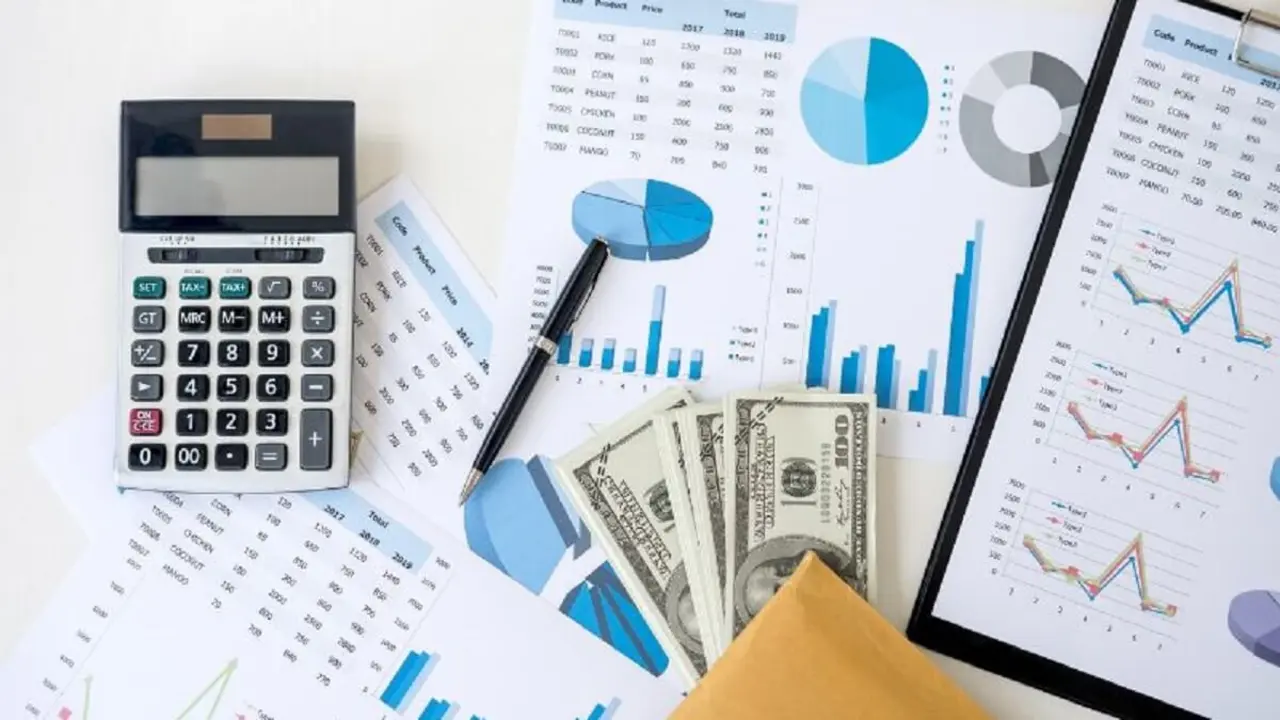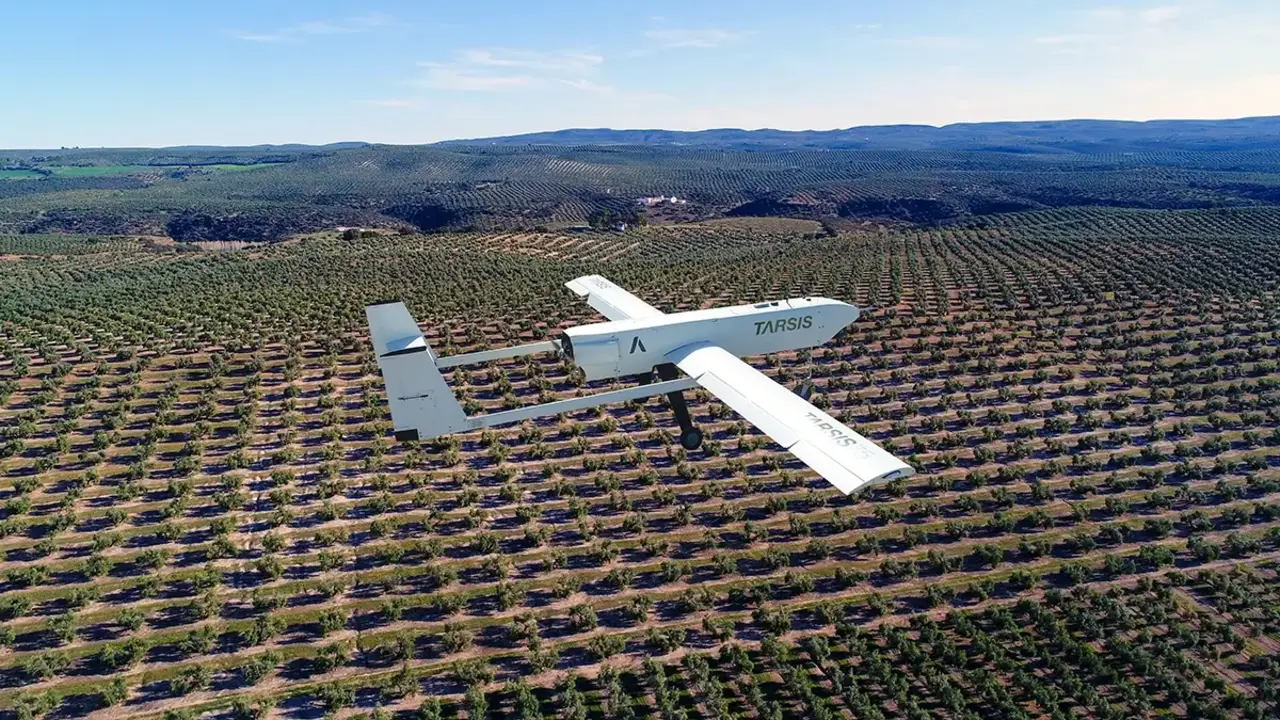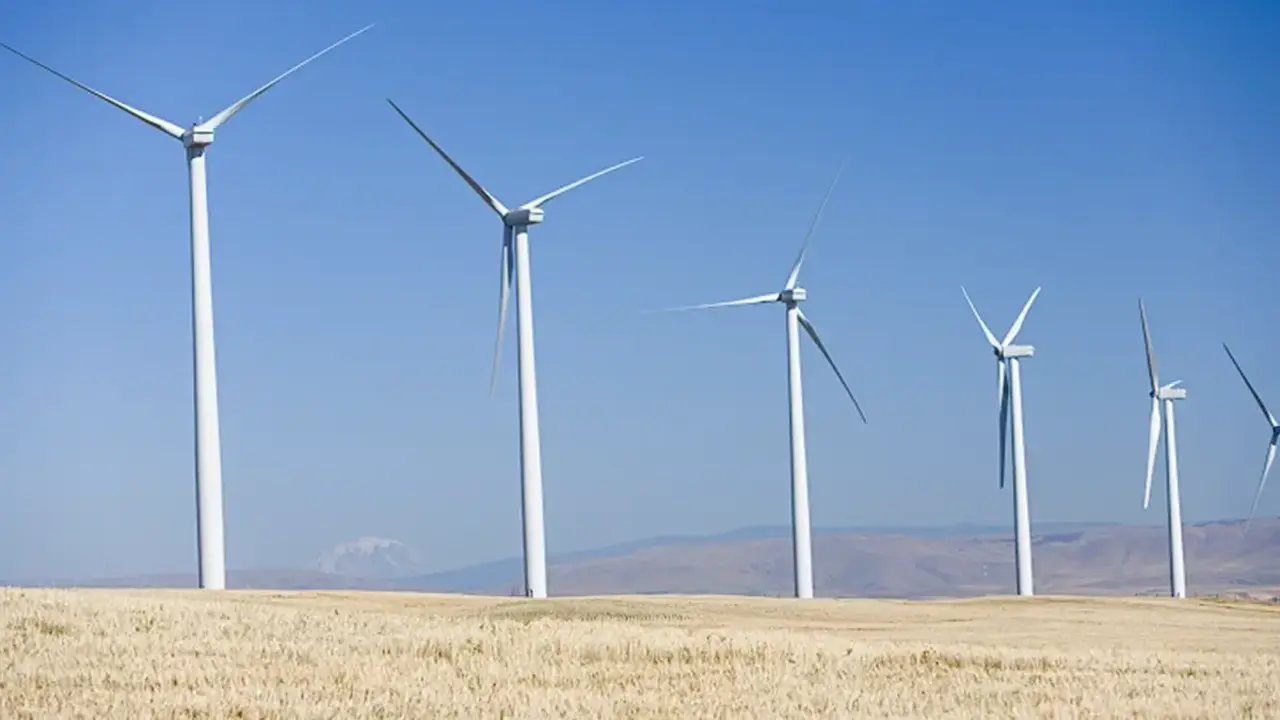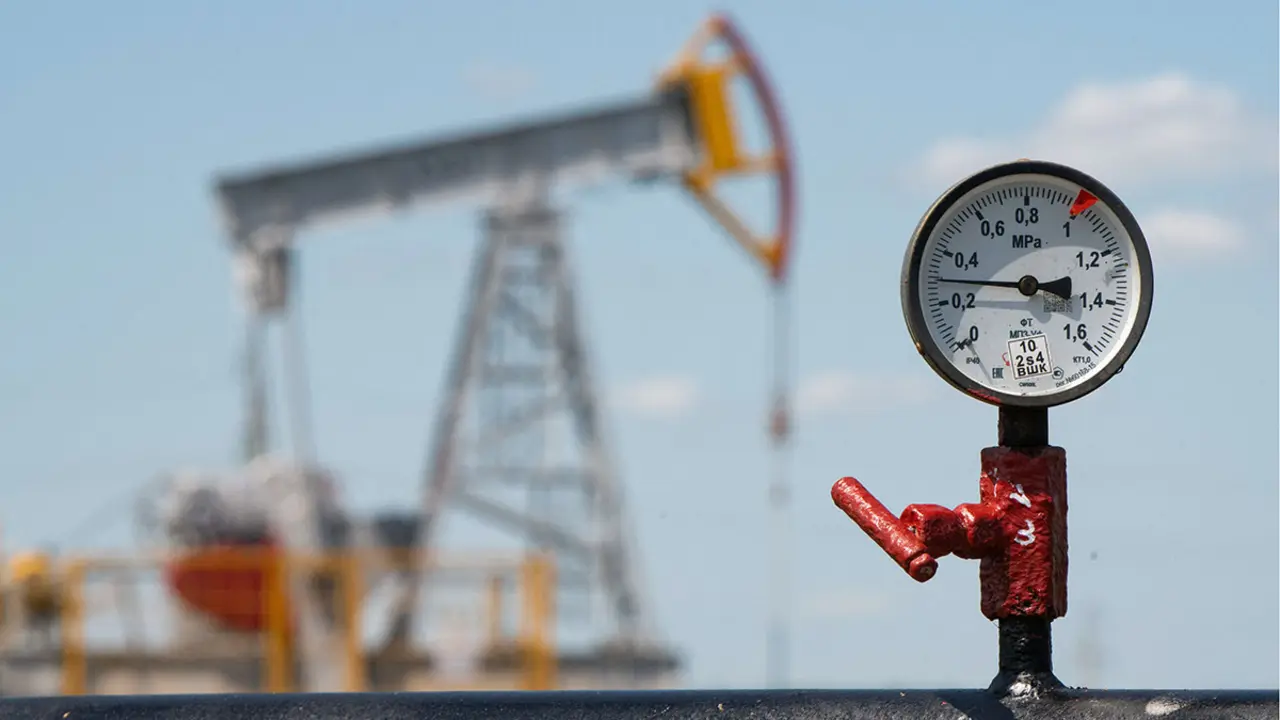The IMF's optimism is contradicted by the Algerian economy's low economic indicators
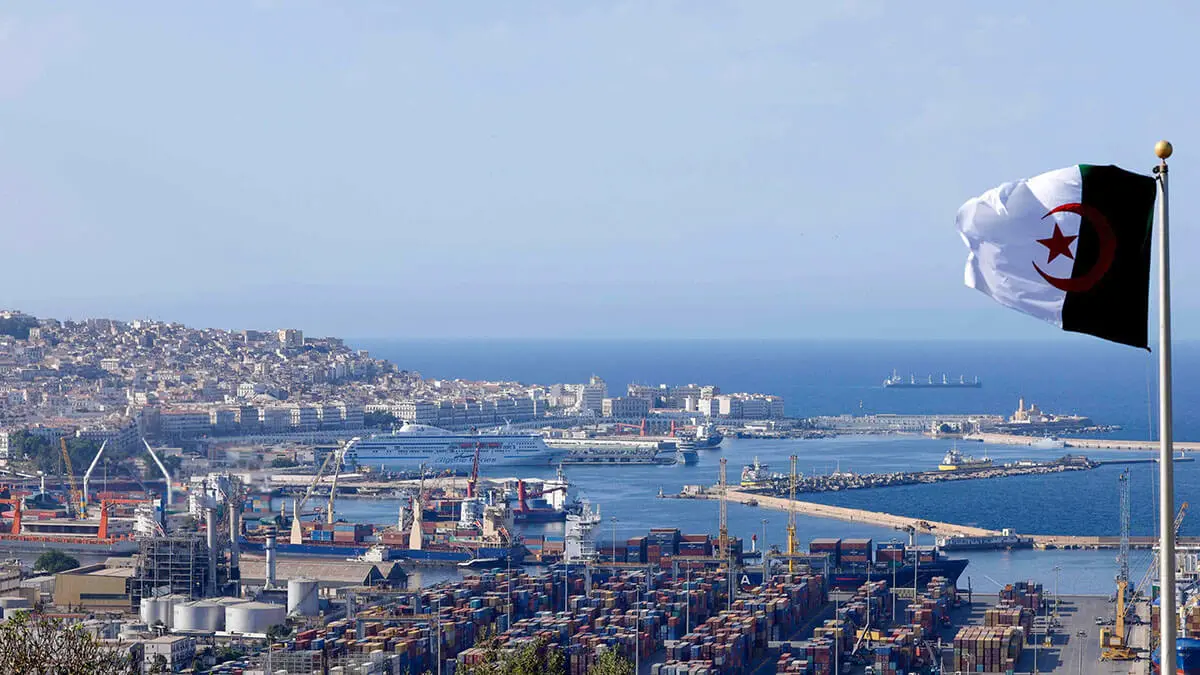
After Algeria has approved the largest budget in its history, with hardly any change in the trade deficit, inflation and food prices soaring, and purchasing power declining, the International Monetary Fund (IMF) has issued a surprising report indicating that the Algerian economy will maintain annual growth of around 4%, which would place the North African country at the head of the region.
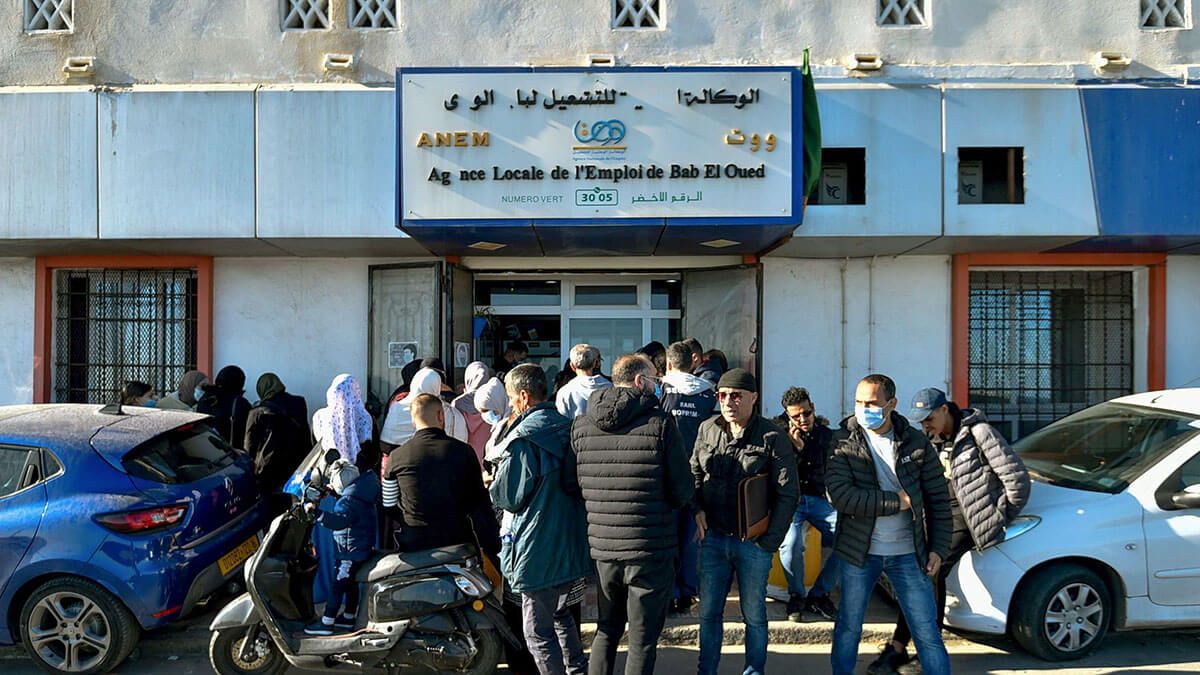
In the report, entitled ‘Navigating the Changing Geo-Economic Landscape’, the IMF attributes the growth of the Algerian economy to diversification measures undertaken by the government in recent years.
The stimulation of non-oil exports, of particular value in this type of dossier, has meant that the results, apparently, do not correspond to reality. The boost these measures have given to small and medium-sized enterprises, especially in the agricultural sector, has also been significant.
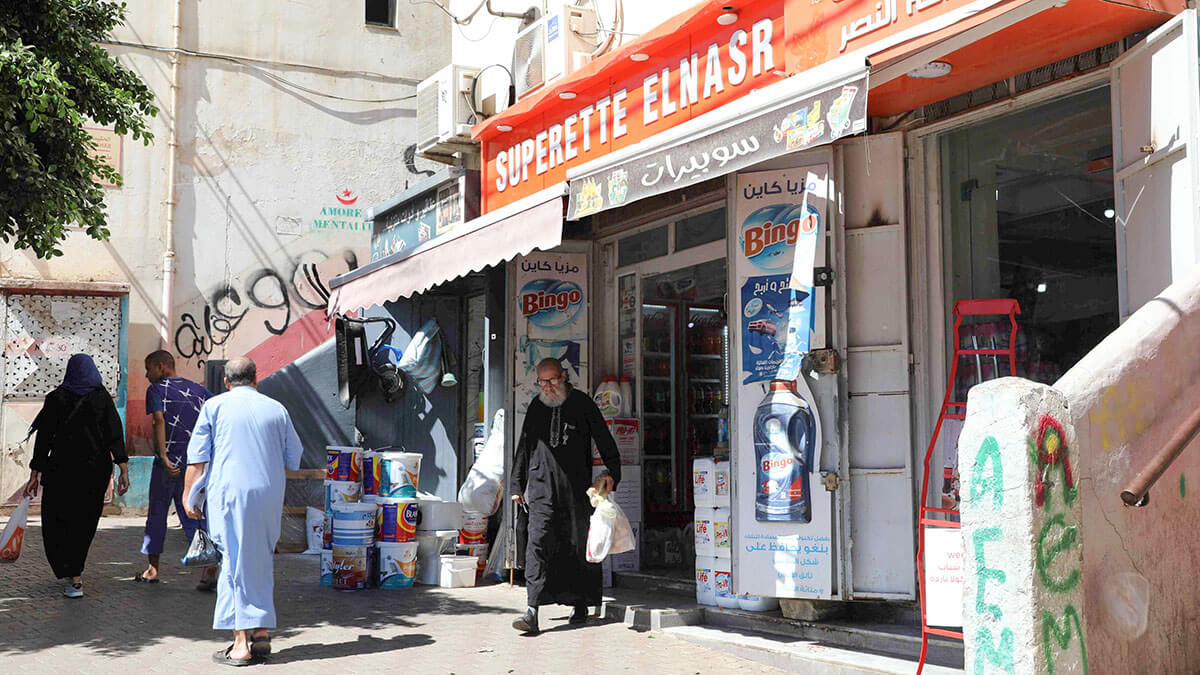
Ukraine war boosts gas exports
In geopolitical terms, the improvement in economic indicators related to energy and cereals has much to do with the war between Ukraine and Russia, the latter being one of the country's major allies. The constant increases in electricity prices and Europe's need to export large quantities of gas have generated a surplus of income despite the blockades and international isolation that the country has suffered.
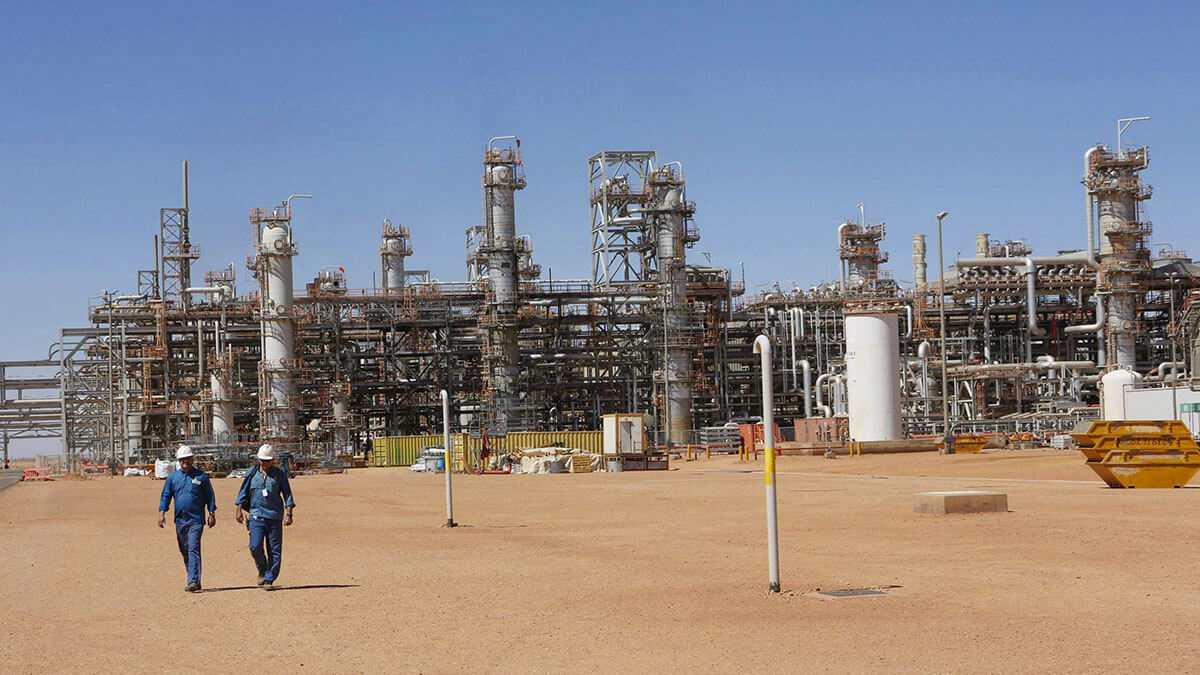
The government argues that the economic benefits are the result of reforms to the legal system that encourage investment while cutting red tape. However, the arrival of Donald Trump to the US presidency may produce a 180-degree turnaround, as he has stated on numerous occasions that he would ‘end the war in Ukraine in 24 hours’, so the extraordinary income that Algiers has accumulated over the last two years may be reduced to the levels prior to the outbreak of the war between Kiev, and NATO, and Moscow.
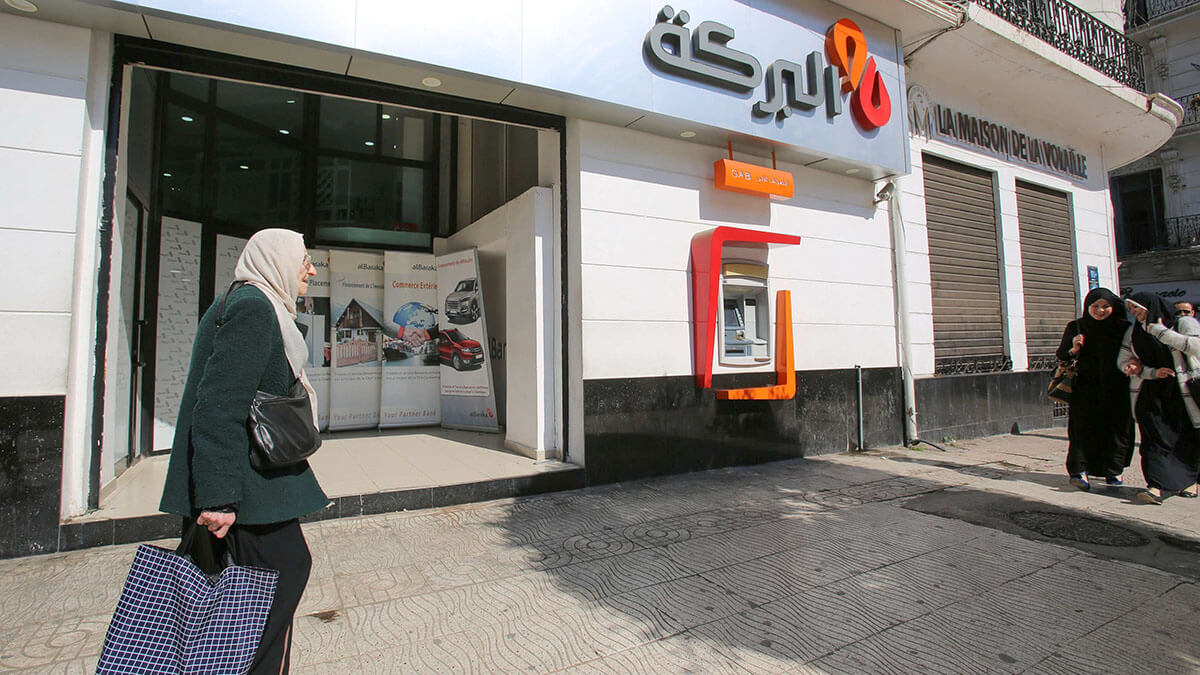
Even so, if the figures hold, the Algerian economy would outperform the Gulf economies in terms of percentage growth for the first time. Nevertheless, the report is clear and warns that the stability of Algerian capital remains ‘heavily dependent on hydrocarbon exports’. Specifically, the document states that ‘gas and oil are two basic resources for consumption not to come to a standstill and to maintain movement in the wheel of development’.
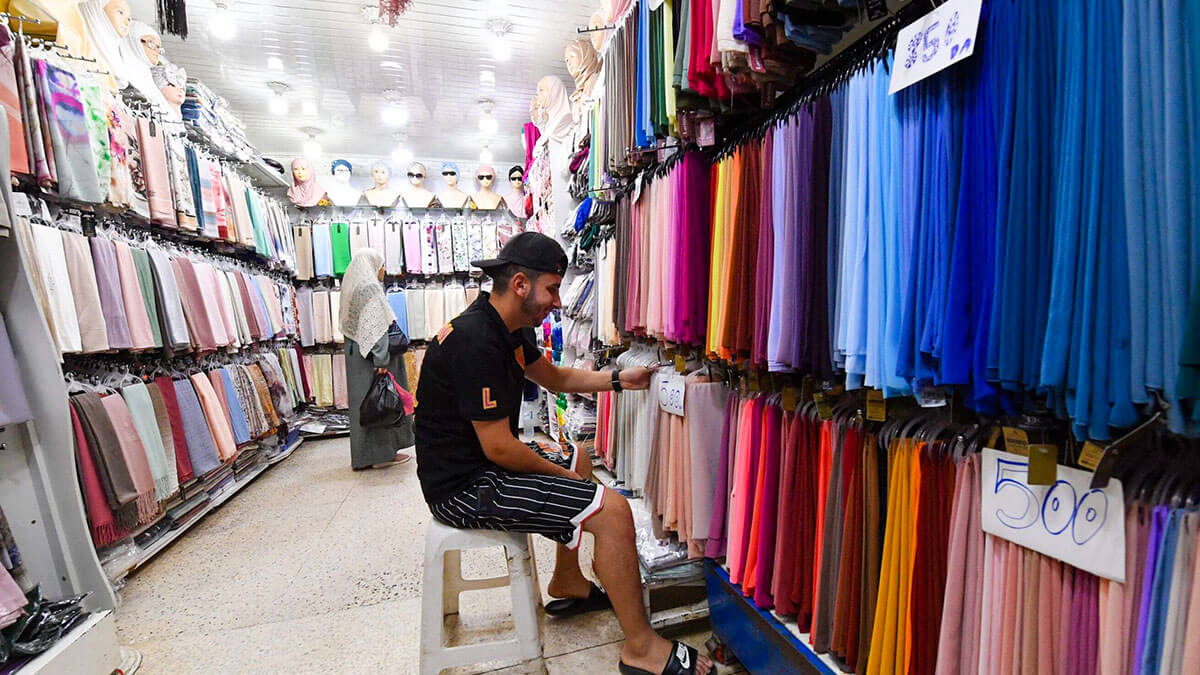
However, these data do not match reality. The collapse of the Algerian dinar, the reduction in purchasing power, the rise in unemployment, the constant increase in inflation, the tripling of the CPI since 2010, oil production at historic lows and currency printing at its maximums... all mark the daily lives of Algerian families.
Although international institutions such as the World Bank have also ratified the growth of the economy in several reports, the reality is that the country will have serious difficulties in settling its accounts and reversing the economic deficit, which is equivalent to 21.8 % of Gross Domestic Product (GDP).

